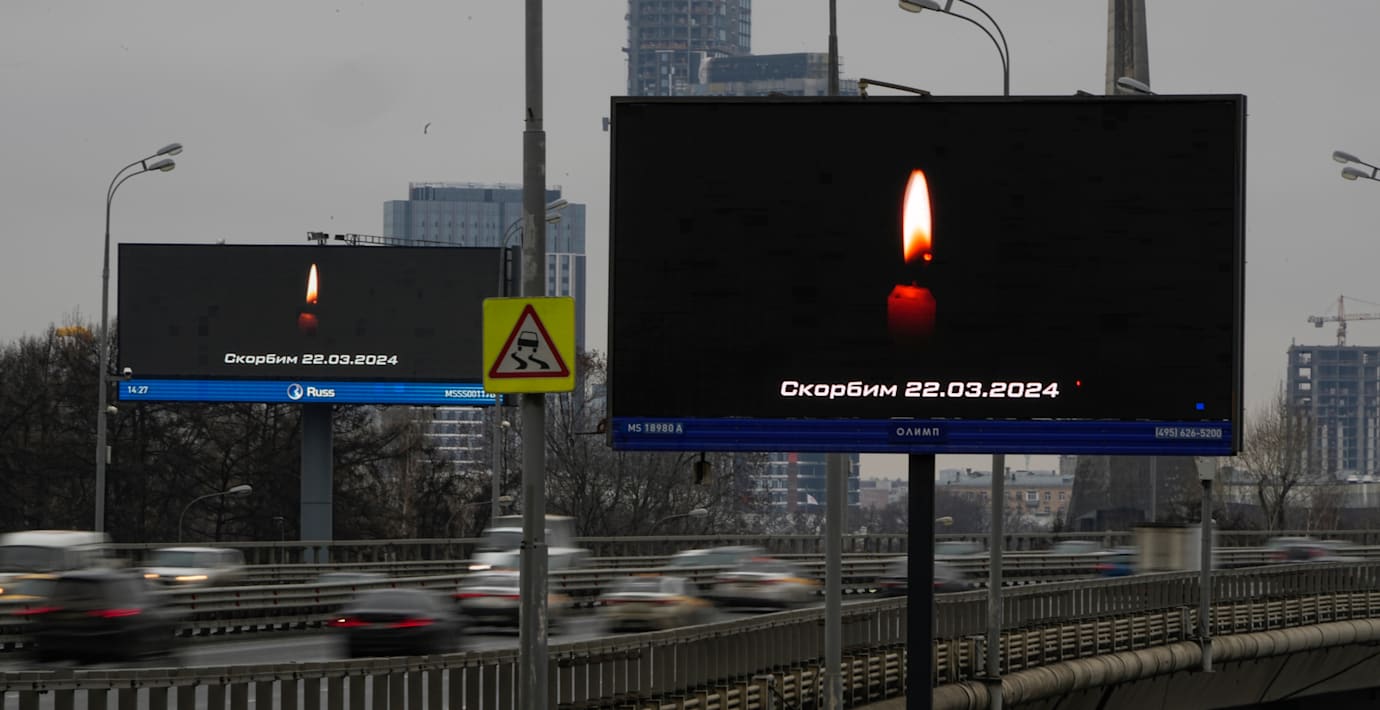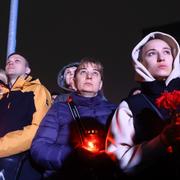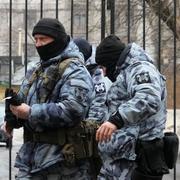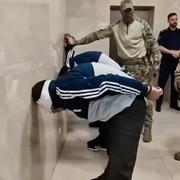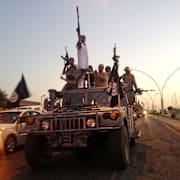Wikipedia (en)
The Islamic State – Khorasan Province (ISIS–K or IS–KP) is a regional branch of the Islamic State terrorist group active in South-Central Asia, primarily Afghanistan. ISIS–K, like its branches in other regions, seeks to destabilize and overthrow existing governments of the historic Khorasan region. It aims to create a Caliphate in South and Central Asia, governed by Islamic sharia law, which they plan to expand beyond the region.ISIS–K has conducted numerous high-profile attacks against civilians in Afghanistan and Pakistan. Some of its most notable attacks include a suicide bombing in August 2021 that killed 13 American military personnel and least 169 Afghans in Kabul during the U.S. withdrawal from the country, twin suicide bombings in July 2018 that killed at least 131 at election rallies in Pakistan, twin bombings in July 2016 that killed 97 Hazara protestors in downtown Kabul, suicide bombing in July 2023 that killed 63 in Khar, Pakistan of a JUI (F) rally.
While the majority of ISIS–K attacks occur in eastern Afghanistan and western Pakistan, the group has claimed to have fired rockets into Afghanistan’s northern neighbors, Tajikistan and Uzbekistan. In early January 2024, two ISIS–K attackers carried out twin suicide bombings in Kerman, Iran, during an event mourning the US assassination of Quds Force leader Qasem Soleimani. The attack, which killed 94, was ISIS–K's first beyond the borders of the Afghanistan–Pakistan region. In March 2024, at least four Tajik gunmen launched an attack on a concert hall and shopping mall in Krasnogorsk, Russia with rifles and incendiaries, killing 115. Although ISIS-Central claimed the attack without specific attribution to ISIS-K, the background of the Central Asian attackers and previous warnings of ISIS-K attacks on Russia suggest the attack was the group's first successful attack beyond Afghanistan's immediate neighbors.ISIS–K began with the dispatch of Afghan and Pakistani militants from al-Qaeda-aligned groups to the Syrian civil war, who returned to the region with instructions and funding to recruit fighters for a branch of the Islamic State in the Khorasan region. They recruited from former dissatisfied fighters and dissenters of the Taliban. The group’s traditional base of power began and remains in eastern Afghanistan along the border with Pakistan.
Today, ISIS–K is engaged in a protracted, low-intensity conflict with the Taliban government. Though the Taliban and ISIS–K actively fought against the United States, since the U.S. withdrawal, ISIS–K has shifted its efforts to discredit, destabilize, and overthrow the Taliban regime in order to establish its envisioned Islamic caliphate. The Taliban, on the other hand, make efforts to target ISIS–K militants through violent raids, protect foreign diplomats and investors from ISIS–K attacks, and publicly downplay the presence of ISIS to attract foreign recognition and investment.
